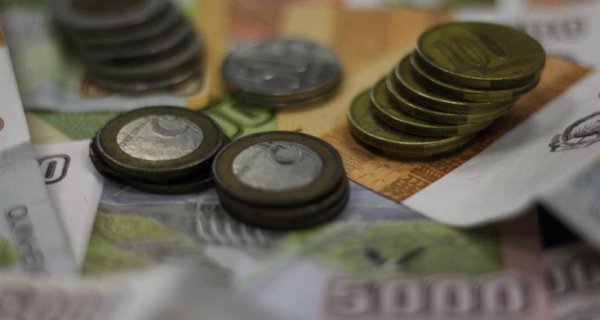The researcher at the School of Oriental and African Studies University of London pointed out that there is an interconnection between the devaluation of the kwanza, exchange rate policy, inflation and monetary policy, "a problem that is not of today", although it has become more pronounced.
Fernandes Wanda noted that the kwanza always devalued against the dollar, except between 2004 and 2008, a period in which it experienced a favorable exchange rate thanks to a macroeconomic stabilization program supported by oil prices that allowed the constitution of net reserves.
"If we calculate from 2017 until now, the kwanza has devalued by 249 percent, which is brutal, but it was necessary because the National Bank of Angola (BNA) needed to defend its reserves," said the academic, stressing that the valuation anchored in net international reserves, which in turn were anchored in the price of oil, “was a very fragile stability”.
As of 2018, the BNA changed its strategy, attempting macroeconomic stabilization through monetary policy, but continues to need reserves, that is, hard currency in exchange, because Angola depends heavily on imports and wants to facilitate the attraction of foreign investment.
"Entrepreneurs want to invest in a country [in] that they know they can repatriate dividends, it is an important measure to attract foreign direct investment", underlined the specialist.
The country's Net International Reserves (RIL), until the end of May, accounted for 10.2 billion dollars, being less than direct investment.
“If we look at the 'stock' of direct investment, at the end of 2019, it was around 18.6 billion, which means that, if all investors wanted to withdraw, Angola would not be able to repay that amount, because the reserves are below ”, said Fernandes Wanda, adding that“ this is a bad indicator”.
The BNA now defends reserves through monetary policy and has adjusted the coefficient of mandatory national currency reserves from 17 to 22 percent, a coefficient that could be reduced "to provide liquidity to the market", provided it was well monitored, the economist argues. Angolan.
“If they dropped to 15 or 20 percent, there would be liquidity, but inflation would increase. The way to avoid this and monitor the amount that will be released is to channel it to credit to the productive sector, which has not received enough ”, continued Fernandes Wanda, predicting that the level of devaluation will remain until this happens, more at a time when the world is still struggling to control the covid-19 pandemic.
“Angola depends on imports and the main source of foreign exchange, which allows imports, is also falling, which is oil. It will continue with a tendency to decrease if the world is unable to control the new outbreaks and stabilize the pandemic situation, there will be no consumption”, he said.







